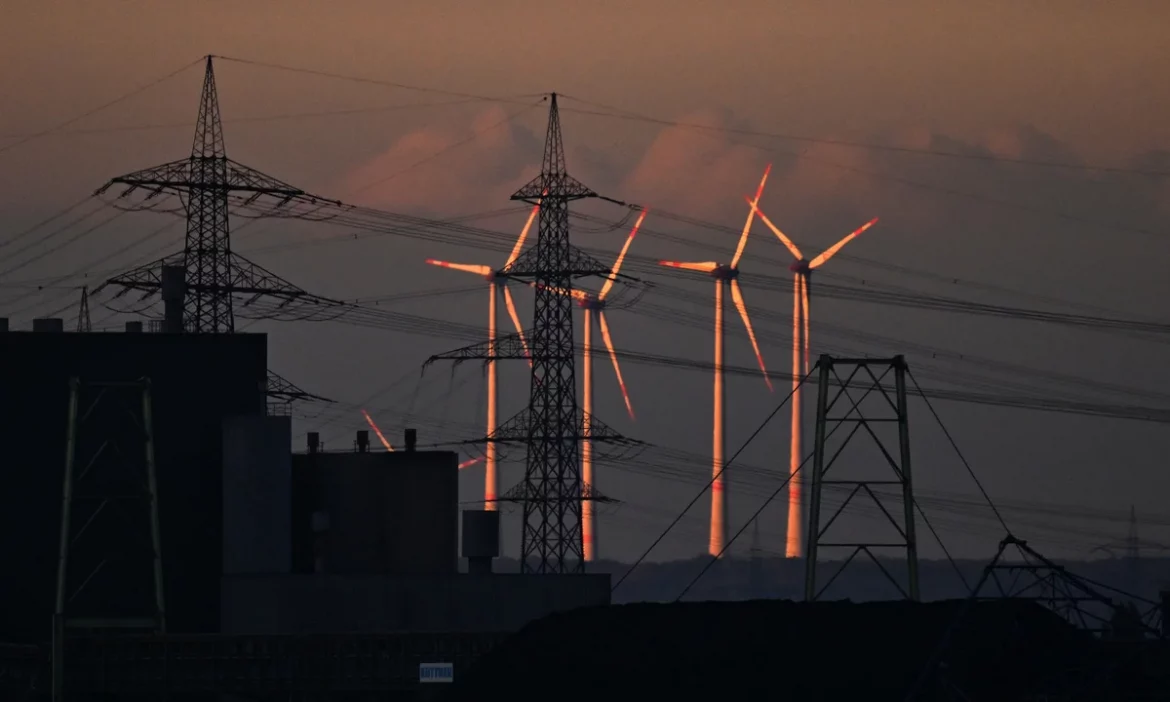The European Environment Agency (EEA) has found that the EU’s greenhouse gas emissions fell 8% last year, as the continent continues to close down coal-fired power plants and make more electricity from sun and wind.
The steep drop in planet-heating pollution in 2023 is close to the fall recorded in Europe at the start of the Covid-19 pandemic, when travel restrictions grounded planes and shuttered factories.
The findings come as scientists say that the climate crisis acted to strengthen the furious downpours that inundated southern and eastern Spain on Tuesday, killing more than 150 people.
“The impact of climate change is accelerating,” said the EEA’s executive director, Leena Ylä-Mononen. “This leaves us no choice but to strengthen our resilience to climate change and reduce greenhouse gas emissions.”
The report found the EU’s greenhouse gas emissions were now 37% below their levels in 1990.
The European Commission, which released a separate progress report on Tuesday, described the reduction as “very encouraging”. It said it “reinforced confidence” in the EU’s ability to meet its target of cutting emissions 55% by 2030.
Read also: UN report reveals almost two dozen countries at high risk of acute hunger
But the EEA found there was still a gap to close. Current policies from member states are expected to reduce emissions by 43% by 2030 from their 1990 levels. Planned measures that have not yet been rolled out would bring this up to 49% – still leaving a gap of six percentage points.
“The significant emissions reductions in 2023 mark a major step towards the overall 2030 climate target,” the authors wrote. But “an acceleration of efforts will be needed”, they added.
The average European has done more than most to clog the atmosphere with planet-heating emissions, but efforts in recent decades to cut pollution have narrowed the gap. The report found the average European emitted 7.26 tonnes of greenhouse gas pollution in 2023, slightly more than the global average of 6.59 tonnes.
The biggest drop in pollution last year came from the energy sector, the EEA found, as a result of the rapid rollout of renewable energy, which has accelerated the shift away from fossil fuels.
Industrial emissions fell 6%, as some factories grew more efficient and others cut production, while similar progress was observed in the building sector.
Progress in other sectors was well below the levels needed to hit net zero emissions by 2050. Emissions from farms fell by just 2% last year, while the transport sector’s emissions fell by just 1%.
Story was adapted from the Guardian.
